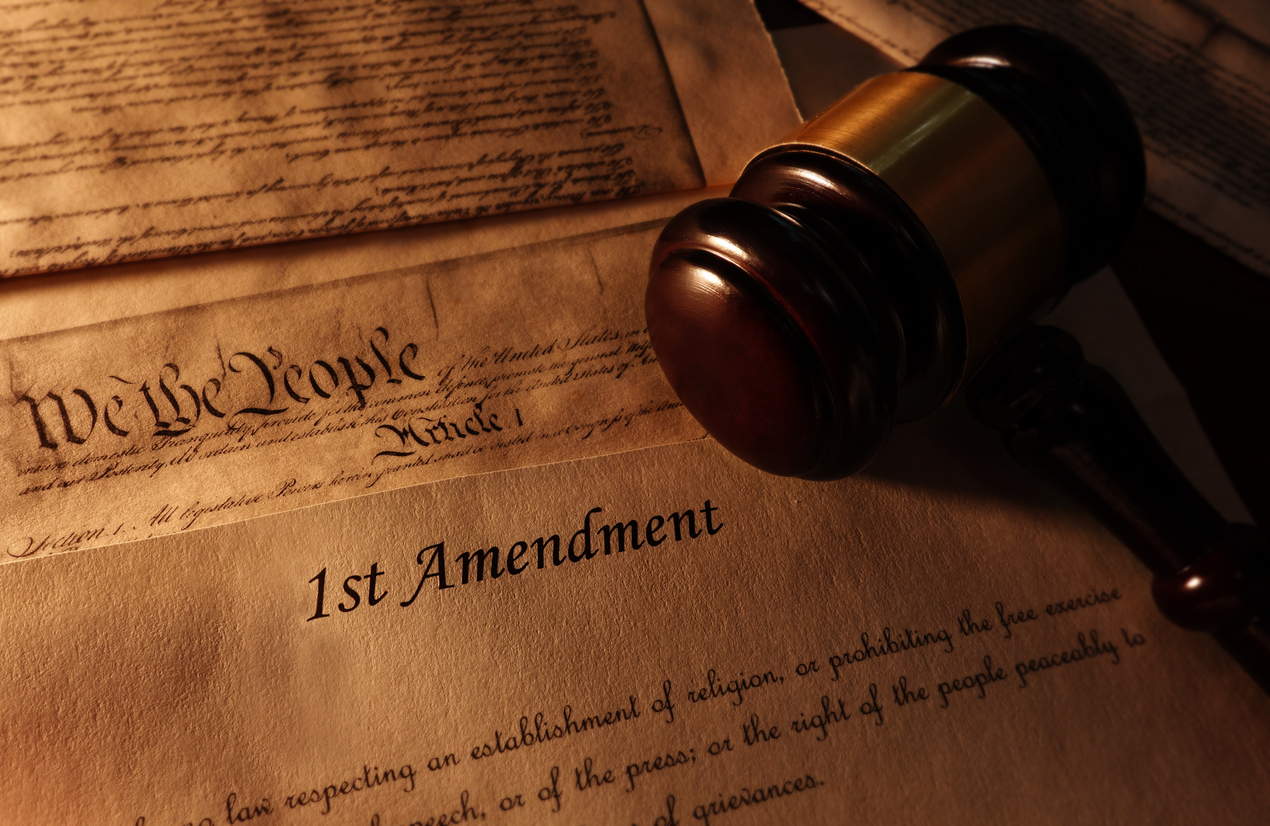Vocation of a Lawyer: Vocation in General
By Frank DeVito
This blog is the first post in the "Vocation of a Lawyer" series
At Napa Legal, we care very much about the vocation of the lawyer, especially the lawyer as counselor. Catholics often speak about their “vocations,” and rightly so. Our calling from God is about the very meaning of life. But what does it mean to have a vocation as a lawyer? What makes a lawyer good? But before delving into the particulars of the lawyer’s vocation, it may be best to take a step back and address two prior questions: What is a vocation in the first place? And what is the vocation of a layman in general?
The Universal Vocation
Vocation (from the Latin word “vocare” or “to call”) simply refers to one’s calling. What does God call us to?
Before we even consider whether someone is called to be a consecrated religious, priest, or layman, to be a lawyer, doctor, or tradesmen, we must consider the common calling of all Christians: holiness. Christ, Who is both almighty God and the perfect Man, is the model of perfection. He calls us, by His grace, to perfection as well: “Be perfect, therefore, as your heavenly Father is perfect.”1
It is easy to skip over this part: “Yes, God calls us all to holiness. But what is He calling me to in particular?” While we must eventually get there, we should stop and realize the seriousness of this call to holiness. In this lies everything, because it means every one of us is called to be a saint. Nothing less. That is not to be passed over lightly!
We have plenty of examples of saints. While our vocation will probably not make our lives look like those of an apostle like St. Paul or a contemplative nun like St. Therese, we are called to be just as holy as they are! Our practice of virtue, our constancy in prayer, our striving to be completely united to God at every moment of our lives: In these things, we are called to be as holy as the saints.
The Vocation of Laymen
When Catholics speak of “vocation,” we are often referring to the state of life to which one is called. Some are called to consecrated life or to the priesthood. Those who are not—the category that likely includes most reading this—are called to life as laymen. Lumen Gentium, a document from the Second Vatican Council, summarizes some of the particularities of the lay vocation:
the laity, by their very vocation, seek the kingdom of God by engaging in temporal affairs and by ordering them according to the plan of God. They live in the world, that is, in each and in all of the secular professions and occupations. They live in the ordinary circumstances of family and social life, from which the very web of their existence is woven. They are called there by God that by exercising their proper function and led by the spirit of the Gospel they may work for the sanctification of the world from within as a leaven. In this way they may make Christ known to others, especially by the testimony of a life resplendent in faith, hope and charity. Therefore, since they are tightly bound up in all types of temporal affairs it is their special task to order and to throw light upon these affairs in such a way that they may come into being and then continually increase according to Christ to the praise of the Creator and the Redeemer.
Laymen are called to live in the world, to have secular occupations, to live in the ordinary circumstances of family and community, and in these roles to help bring about the Kingdom of God and bring others to Christ. It is in these circumstances that we are to become saints.
This has great meaning for the vocation of a lawyer: We are called to be as holy as the great saints we read about—even the ones who were monks and nuns. But we are not called to pursue this holiness in the same manner. Laymen have careers and families; our lives of prayer and study are not going to look the same as those of monks and nuns. However, as St. Paul makes clear, we are called to “pray without ceasing.” While our exterior lives may not look the same as the lives of consecrated religious, we need to foster lives of ceaseless prayer, study, and attention to God’s constant presence in our lives. By living like saints, God can transform and make holy the way we treat our families, speak to our clients, prepare and argue cases. Through our daily actions in our family, community, and professional life, we are all meant to help bring about the Kingdom of God, to bring Christ to others.
From here, we can discuss the ways in which the lawyer in particular is called to holiness. But once we understand that all people are called to be saints, and that laymen are called to do so in the midst of family and professional life, we have already laid the foundation. Every moment of our ordinary, daily lives must be oriented toward becoming a saint. This, first and foremost, is the vocation of everyone reading this reflection.
----------------------------------------------
1 Matthew 5:48 (NRSV), https://www.bible.com/bible/2016/MAT.5.48.NRSV.
.png)




